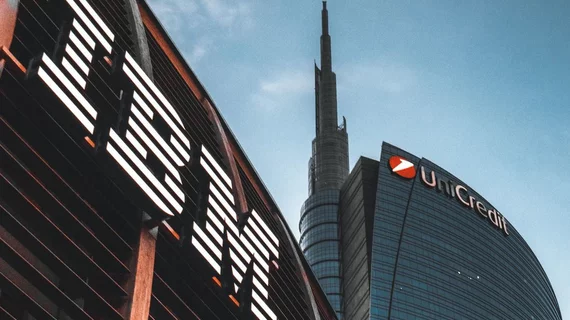IBM formally partnering with expanding healthcare AI company
An AI-championing health-tech company whose name sounds like that of a consumer group has announced a formal partnership with the Big Tech corporation behind the AI-pioneering Watson technology.
Birmingham, Alabama-based U.S. Consumer Healthcare Advocacy Group, or USCHAG, says the details of the relationship are confidential.
The partnership “includes elements of data acquisition, utilization of artificial intelligence and IBM’s Watson capabilities to effect positive and empowering change for consumers when working with the American healthcare system,” according to an announcement sent by USCHAG.
The company says it’s operated by a team with experience in medicine, health insurance, hospitals and other areas of U.S. healthcare.
USCHAG “champions the idea that AI is the answer to the changes required to improve the American healthcare system,” the announcement states. “IBM chose the company as a partner because both companies are aligned in their desire to enhance people’s lives.”
USCHAG says it’s been working with IBM for some time and is making the announcement to coincide with the scheduled launch of several USCHAG brands next month.

